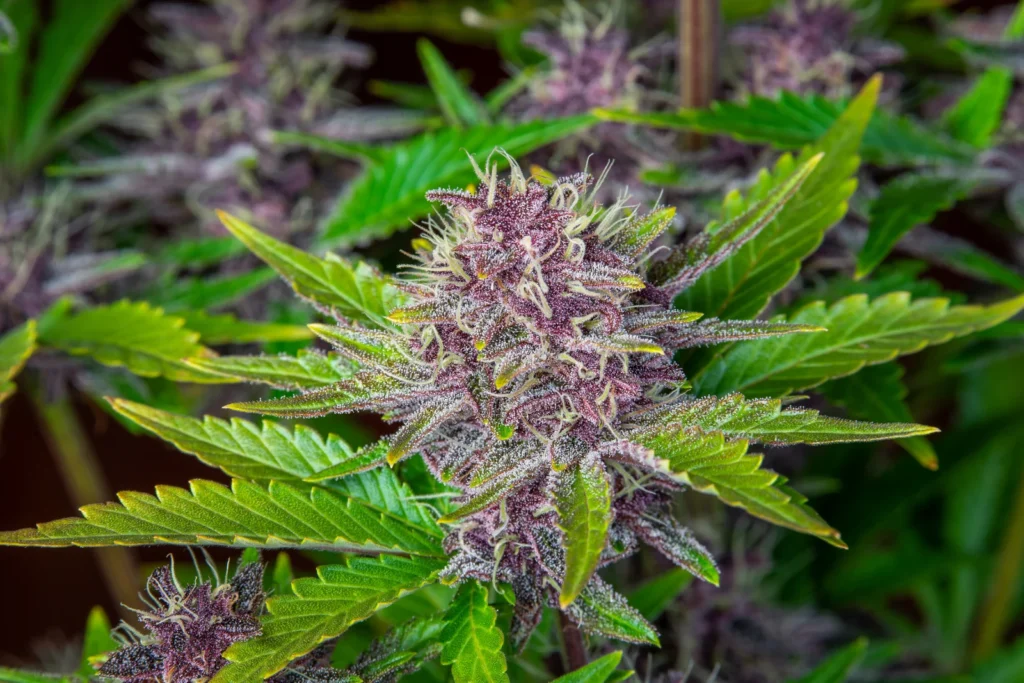Image credit: Unsplash
Cannabis continues to make strides in global markets, with innovations pushing the boundaries of cannabis cultivation, product diversity, and wellness applications. The global market is projected to reach $102 billion by 2023, and companies across the globe are driving these changes with new advancements. Central to these changes are developments in cannabis genetics, growing techniques, and an increasing focus on cannabis as a wellness product.
The Science of Autoflower Seeds
One of the most exciting innovations in cannabis agriculture is the widespread adoption of autoflower seeds. Unlike traditional cannabis seeds that require strict light schedules to bloom, autoflower seeds mature based on time, making them easier to grow for both experienced cultivators and beginners. A study from Frontiers in Plant Science emphasizes how these seeds have revolutionized cannabis agriculture by allowing up to 4-5 harvests per year in optimal outdoor conditions, compared to 2-3 feminized seeds.
Lindsey Bartlett, a spokesperson for Fast Buds, highlights the accessibility these seeds offer: “They democratize cannabis growing. For beginners or those cultivating for medical purposes, these seeds can thrive in nearly any environment – indoors or outdoors – and produce consistent results.” This technological advancement is a critical step in bridging the gap between cannabis as a commercial cash crop and a personal, home-grown solution.
Cannabis and Wellness: A Paradigm Shift
While cannabis has long been associated with recreational use, recent research and consumer trends highlight its growing role in wellness and productivity. In fact, a study published in the Journal of the American Medical Association found that 62% of cannabis users reported consuming it for medical purposes, including pain relief, anxiety management, and productivity enhancement.

This change has led to a surge in products tailored explicitly to wellness needs. Strains are now being developed for different areas of need including focus, creativity, and relaxation. Strains that are rich in cannabinoids, such as CBD, and are balanced with lesser levels of THC are gaining popularity amongst consumers who are looking for pain relief options without the psychoactive effects typically associated with cannabis.
In addition to strains for separate needs such as productivity and pain relief, companies like Fast Buds are developing hybrid strains like Wedding Cheesecake, which is ideal for evening use, offering both pain relief and relaxation without compromising mental clarity. These strains align with a growing body of research suggesting that cannabis can be an effective part of a balanced wellness routine.
Global Expansion and the Need for Equitable Access
The global expansion of cannabis legalization has been a game-changer for American cannabis companies, with countries like Germany, Thailand, and Canada leading the charge. Germany, in particular, has become a top market since the country legalized cannabis in February 2024, allowing consumers to grow their own plants.
However, Bartlett points out that legal access isn’t the whole story. Home-grow laws are crucial for ensuring that individuals, particularly medical patients, can benefit from cannabis without relying solely on large corporations. “Many medical patients live hours from the nearest dispensary, and being able to cultivate their own plants makes all the difference. No matter what, when cannabis is legalized across the world, we want growers, we want industry. Home-grow laws help reduce a monopoly by the largest companies. It’s just a great democratizer,” Bartlett emphasizes.
The Future of Cannabis
As the line between recreational and wellness use blurs, cannabis companies must adapt to meet consumer needs across both domains. The future of cannabis lies in its versatility, not just as a product for relaxation but as a tool for enhancing everyday life. Many cannabis brands are already ahead of this curve as they continue to develop strains that cater to a wide range of experiences, from high-functioning sativas for productivity to pain-relieving indicas for recovery.
The future is bright. As cannabis companies develop even more strains and expand their reach globally, they will effectively bring cannabis out of the shadows and into the hands of a diverse range of customers.




















































































































































































































































































